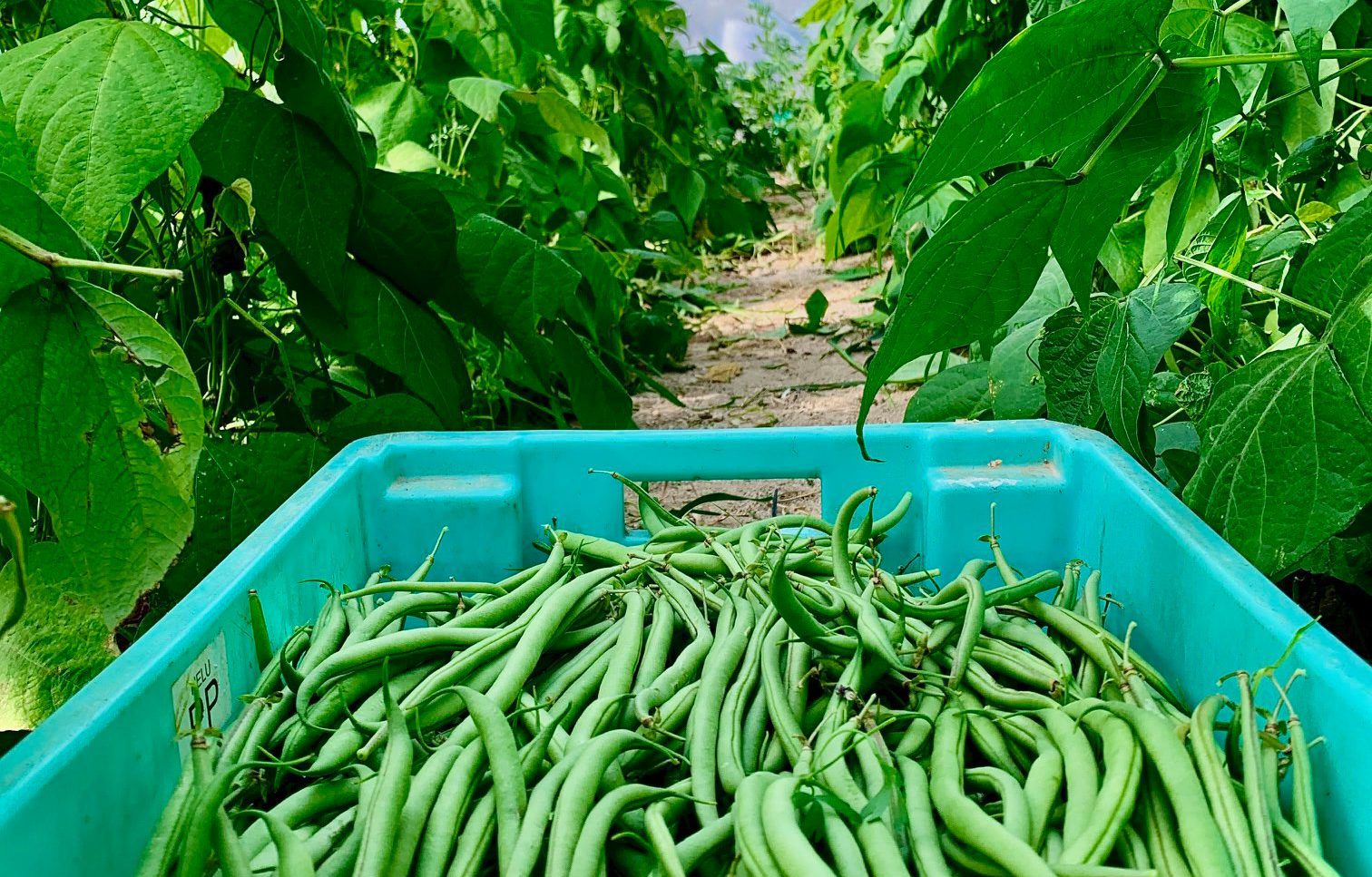The intersection of food security with land use and quality of life is at the centre of the agricultural measures announced during last week’s Budget speech, with incentives for organic production, upgrading of the Pitkalija’s facilities and processes, and a new Enforcement Unit within the Malta Food Agency among the headline measures for the sector.
Malta’s agricultural industry has hovered near the precipice for years now, with many citing entry into the EU and the subsequent flooding of the local market with foreign produce as a major turning point for a sector often still operating with traditional methods.
However, the Government is committed to reversing the trend, and is turning to digitalisation to modernise agriculture in Malta, seen most clearly in the ongoing reform of the Pitkalija.
Kicked off earlier this year with the suspension of renewal of the pitkalas’ licences, the Budget envisions further reform, allocating €500,000 to the Malta Food Agency, set up earlier this year, to invest in the necessary facilities “so that fruit and vegetables produced locally can be sold in better packaging to achieve a more attractive presentation, in line with market standards”.
This, Minister Caruana said, “will also allow Maltese produce to stand out from the rest”.
BusinessNow.mt reached out to Brian Vella, newly appointed CEO of the Malta Food Agency, which oversees the production of fruit, vegetables, meat and fish, to see how the reform is impacting stakeholders from the farmer to the final consumer.
“The attention being given to the local food production sector reflects the importance being placed on food in the European Union,” says Mr Vella, who was until recently president of the Koperativa Produtturi tal-Ħalib, the makers of the popular Benna brand of dairy products.
“Today, every farmer must register themselves and their product in order to gain entry to the Pitkalija, with a barcode indicating who the farmer is and where their fields are,” recounts Mr Vella. “From next month, it will have handheld barcode scanners too, which will make the process even more efficient.”
These changes are generating a lot of data – which, Mr Vella says, the Malta Food Agency has full access to, and which it will be using to manage production and avoid food waste.
The “development of a national policy on a stronger food chain”, announced during the Budget, which carries the aim of “overcoming obstacles and creating opportunities in various sectors involved in the production of food”, is a key role for the Malta Food Agency.
One key initiative Mr Vella is keen to get to work on is the development of a warehouse with the facilities required to store food for the long term.
“Temperature controlled stores are important,” he says, “so the farmer can pack it, store it, and get it out when needed. This will avoid the waste currently prevalent, where a lot of food ends up being used for animal feed.”
As regards the better packaging mentioned in the Budget speech, talks are currently underway with different stakeholders for the purchase of a machine for the packing of potatoes (and things with a similar shape, like onions and citrus fruits) – with environmentally friendly packaging, Mr Vella is quick to point out.
Such packaging, according to Minister Caruana, must be in line with market standards, “which will also allow Maltese produce to stand out from the rest”.
“Consumers have a right to look for a product which is labelled, which is Maltese, which conforms to the best standards – and which is competitive in price,” agrees Mr Vella.
He is careful not to overly criticise the present situation. “We do have standards today,” he says, “but consumers don’t know about them – there’s a problem in communication. That’s also why the agency was set up.”
He explains that unlabelled produce could be from anywhere in the world, and prevents the customer from knowing what they are eating, and welcomes a Budget measure which will give the agency he runs some teeth through the setting up of an Enforcement Unit.
“The Malta Food Agency is still in its infancy,” he says, “but we are ramping up our efforts to protect Maltese food for the good of the consumer.”
This also reflects Minister Caruana’s Budget statement that “Government will help farmers to improve their products’ quality and assist them to obtain certification.”
The Malta Food Agency’s role, Mr Vella says, is to facilitate every process in the supply chain, oiling the chain to prevent potential blockages, including in the auctioning of produce at the Pitkalija, with the agency looking into other countries’ systems to learn and adapt them to ensure that the local system is adequate.
“We need to be a crucial part of the supply chain – not by competing with stakeholders, but by working as a facilitator, so that the product comes out in time, at a high quality, and at a competitive price.”
Summing it up even further, Mr Vella says, “Our job is to make the whole supply chain so efficient that it makes the whole process sustainable.”
Land use
“Every environmental plan, goal or intention will fail if we leave the farmer out of it,” insists Mr Vella. “If we leave agricultural land unworked, we will lose everything.”
As the number of farmers continues dwindling, thanks to several factors, including the high price of land and the low income one can expect, the number of abandoned fields is growing.
“We cannot allow farmers to give up because their country doesn’t give them space to work,” he continues.
The Budget for 2022 will seek to address this, in part, by incentivising agro-forestry using fruit trees. Farmers with unworked land or land which is being used to produce low value produce can benefit from an €8,000 grant if they plant fruit trees instead. More details on these scheme will be issued when it is published.
Additionally, incentives will be given to landowners to encourage them to lease their fields to farmers using organic growing methods.
Water
Despite the positives, the only point to address what many stakeholders identify as their primary concern – scarce and expensive fresh water – is scant on details.
Although Minister Caruana did say that the Government would continue to extend the network of treated waste water used for agriculture, better known as New Water, in order to “meet demand and improve the maritime environment thanks to more resilient treatment of sewage”, no further information was provided.
A look at the estimates of spending for the Ministry for Energy, Enterprise and Sustainable Development, which is responsible for the New Water Supply project via the Water Services Corporation, shows that the amount budgeted for the project is €1,800,000, unchanged from previous years.
Featured Image:
Final call for food and beverage manufacturers to exhibit at SIAL Paris
SIAL Paris is one of the world’s leading international food and beverage exhibitions
Vision 2050 launched tonight as roadmap for Malta’s economic future
The original vision focused on financial services, aviation, shipping, gaming, tourism, high-end manufacturing and construction as key economic pillars
Tender for new Malta Film Studio sound stage to be issued in the next few weeks
The project is aimed to significantly expand the island’s capacity to host large-scale international film productions






